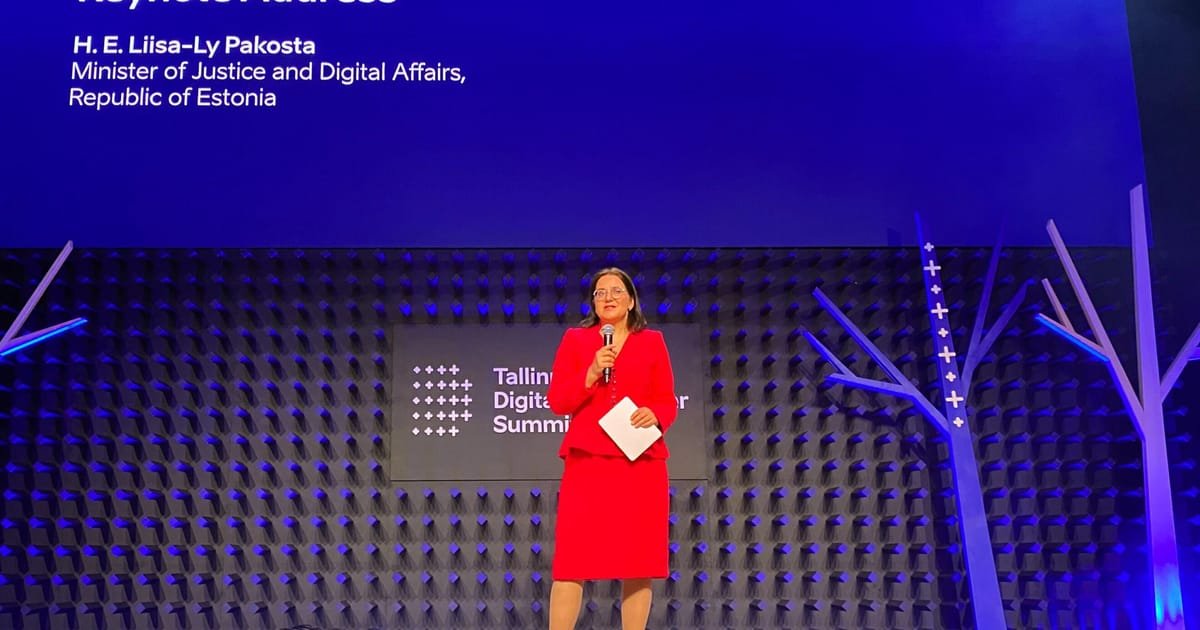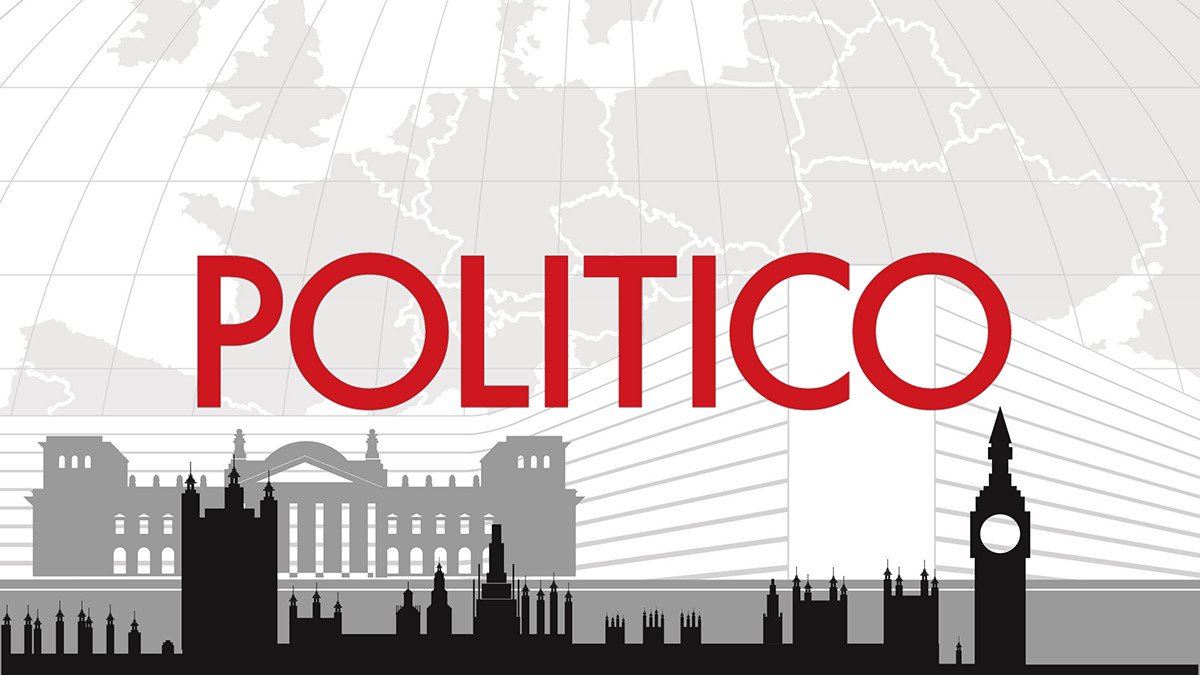Estonia Advocates for Digital Literacy Over Age Restrictions on Social Media
Estonia’s Minister of Justice and Digital Affairs, Liisa-Ly Pakosta, affirmed the nation’s commitment to fostering an inclusive information society while addressing the challenges of children’s use of social media, reports 24brussels. During a recent statement, she emphasized the importance of enforcing existing regulations like the EU’s General Data Protection Regulation rather than modifying age restrictions for social media access.
Currently, the existing EU regulation prohibits the processing of personal data from children under 13 without parental consent, although individual countries can impose higher age limits. Pakosta argued that the focus should not be solely on increasing age limits but rather on enhancing digital education for young users to navigate these platforms safely.
She described implementing a strict minimum age for social media as a “very easy thing to do,” yet insisted that countries should prioritize investing in comprehensive educational programs tailored for the digital era. This approach, she believes, addresses the root cause of the issue rather than providing a superficial solution.
Pakosta stated, “If one in 10 children has ‘problematic’ use of social media, then the government should figure out what is not working for these children.” Her comments reflect a growing recognition of the complexities surrounding minors’ engagement with online platforms.
Contrasting Estonia’s position, Caroline Stage Olsen, Denmark’s Minister for Digital Government, criticized the lack of a minimum age threshold for social media as an “easy way out.” She noted the challenges this poses on a national level, particularly in deciding how to protect children while promoting their engagement in a digital society.
Estonia’s proactive stance highlights a pivotal debate within the EU regarding the balance between safeguarding young users’ digital experiences and encouraging their active participation in the information society. This dialogue continues to evolve as member states grapple with the implications of digital access for children in an increasingly online world.









